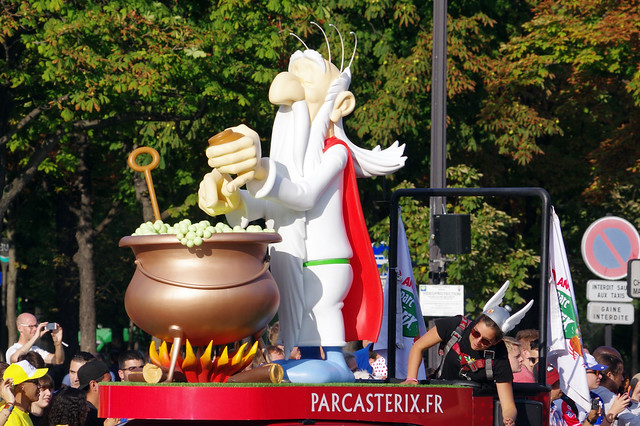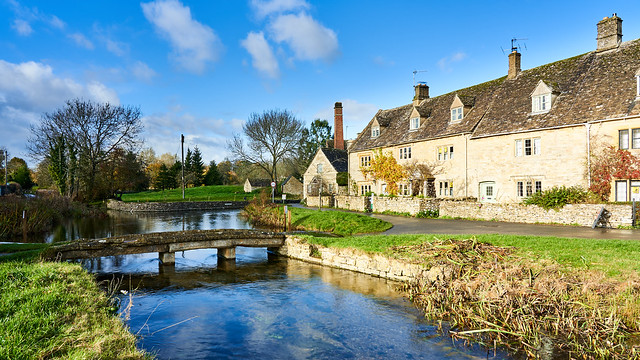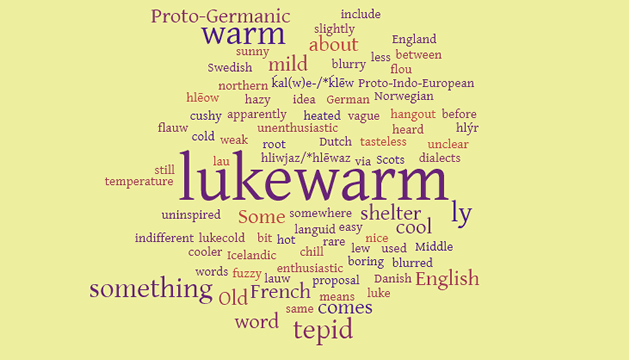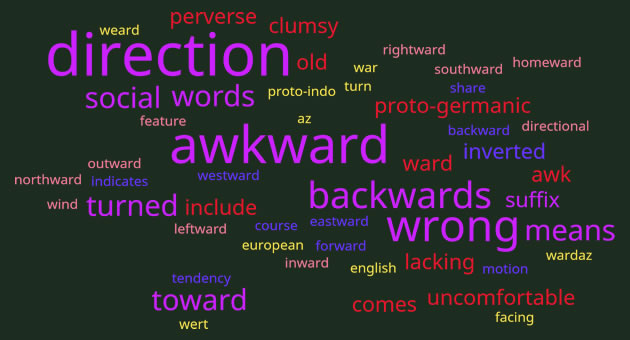Today is the first day of the Year of the Tiger 🐅, according to the Chinese Lunar calendar, so to anybody who celebrates this:

The Chinese character for tiger is 虎, which is pronounced hǔ [hu˦˩˧] in Mandarin, fu² [fuː˧˥] in Cantonese. It also means brave, fierce or vigorous, and is used as a surname. The usual word for tiger is in fact 老虎 (lǎohǔ / lou5 fu²) – the first character means old or venerable and shows respect for this dangerous animal.
Here’s how the character 虎 has changed over the past 3,500 years or so:

The phrase 恭喜发财 [恭喜發財], which means literally “congratulations, make a fortune”, is the most common way to wish someone a Happy (Lunar) New Year in Chinese. It can be followed by the phrase 红包拿来 [紅包拿來] (hóngbāo ná lái), which means “bring out the red packet”, and refers to the red envelopes containing money that are traditionally given as gifts at Lunar New Year. It was apparently first used among Cantonese speakers in the mid-19th century, and is now used by speakers of other varieties of Chinese [source].
Last night I was invited to celebrate Chinese New Year by my neighbours, one of whom is Chinese. We had a very enjoyable evening and some rather tasty Chinese food.
Sources: LINE Dict Chinese-English, mdbg.net, Wiktionary








